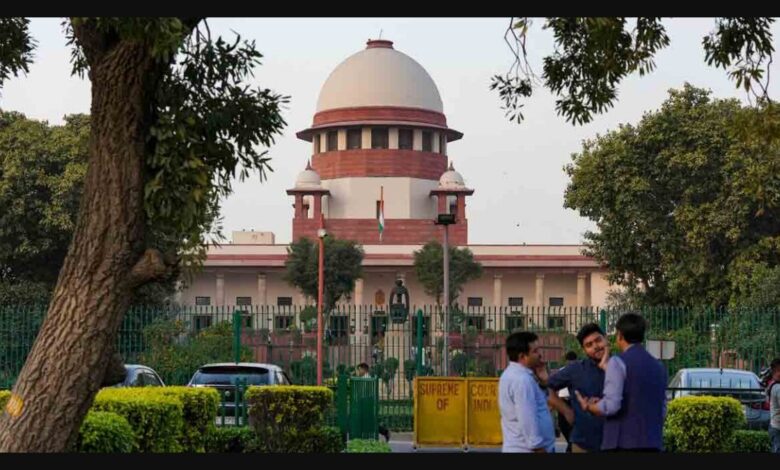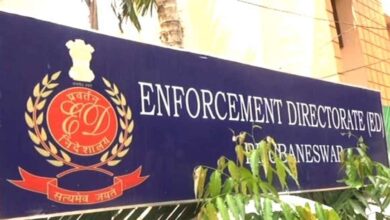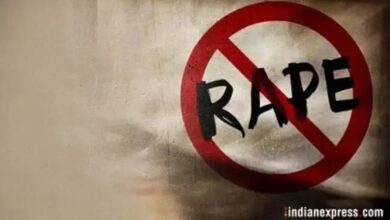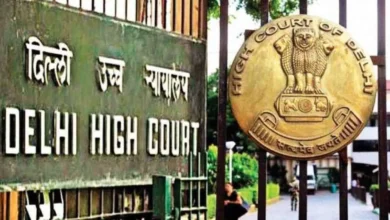No Immunity for dishonest public servants before 2014 corruption cases: Supreme court
The Supreme Court removed its immunity to central government employees at the joint secretary level and above from probe in corruption cases.

The Supreme Court bench in a judgement concluded on Monday that with retroactive effect from September 11, 2003, central government personnel at the level of joint secretary and above may be investigated and prosecuted in corruption cases without seeking approval from the relevant authorities. Section 6A of the Delhi Special Police Establishment (DSPE) Act was ruled to be invalid as of September 11, 2003, by a constitution bench chaired by Justice Sanjay Kishan Kaul.
Supreme Court pronounced the clause unlawful in 2014:
As a result, central government officials are no longer immune from coercive action in cases of corruption. Seven years after it was submitted to the Constitution Bench, the Supreme Court issued its ruling. In the lead-up to the 2024 general elections, the verdict is important. Since the Supreme Court pronounced the clause unlawful in 2014, the CBI is no longer required to request permission from the government before conducting an investigation or bringing a matter to court.
The judgement was given by a constitution bench, headed by Justice Sanjay Kishan Kaul, which also comprised Sanjiv Khanna, AS Oka, Vikram Nath, and JK Maheshwari.
According to a report, Section 6A(1) of the Act, which required the approval of the Centre to conduct any inquiry or investigation into any offence alleged to have been committed under the Prevention of Corruption Act, where such an allegation relates to central government employees at the level of joint secretary and above, had been declared invalid by the Supreme Court in May 2014.
However, the Supreme Court Constitution Bench knocked down section 6A in the 2014 Subramanian Swamy case, stating that “status or position” could not shield corrupt officials at the joint secretary level and above from an unbiased investigation in matters of corruption. The Supreme Court stated that Section 6A was “discriminatory” and “impedes tracking down the corrupt senior bureaucrats” at the time.
What is Section 6A in the DSPE Act?
The Delhi Special Police Establishment shall not conduct any inquiry or investigation into any offence alleged to have been committed under the Prevention of Corruption Act, 1988 (49 of 1988) except with the previous approval of the Central Government where such allegation relates to the employees of the central government of the Level of Joint Secretary and above; and officers which are appointed by the Central Government in corporations established by or under any Central Act, government companies or any local authorities belong or controlled by that Government.
It safeguards the senior public officials against undue and vexatious harassment by the investigating agency.
Please, also have a look into : As Supreme Court deliberates the issue of “freebies” versus “welfarism,” RBI raises a red flag



